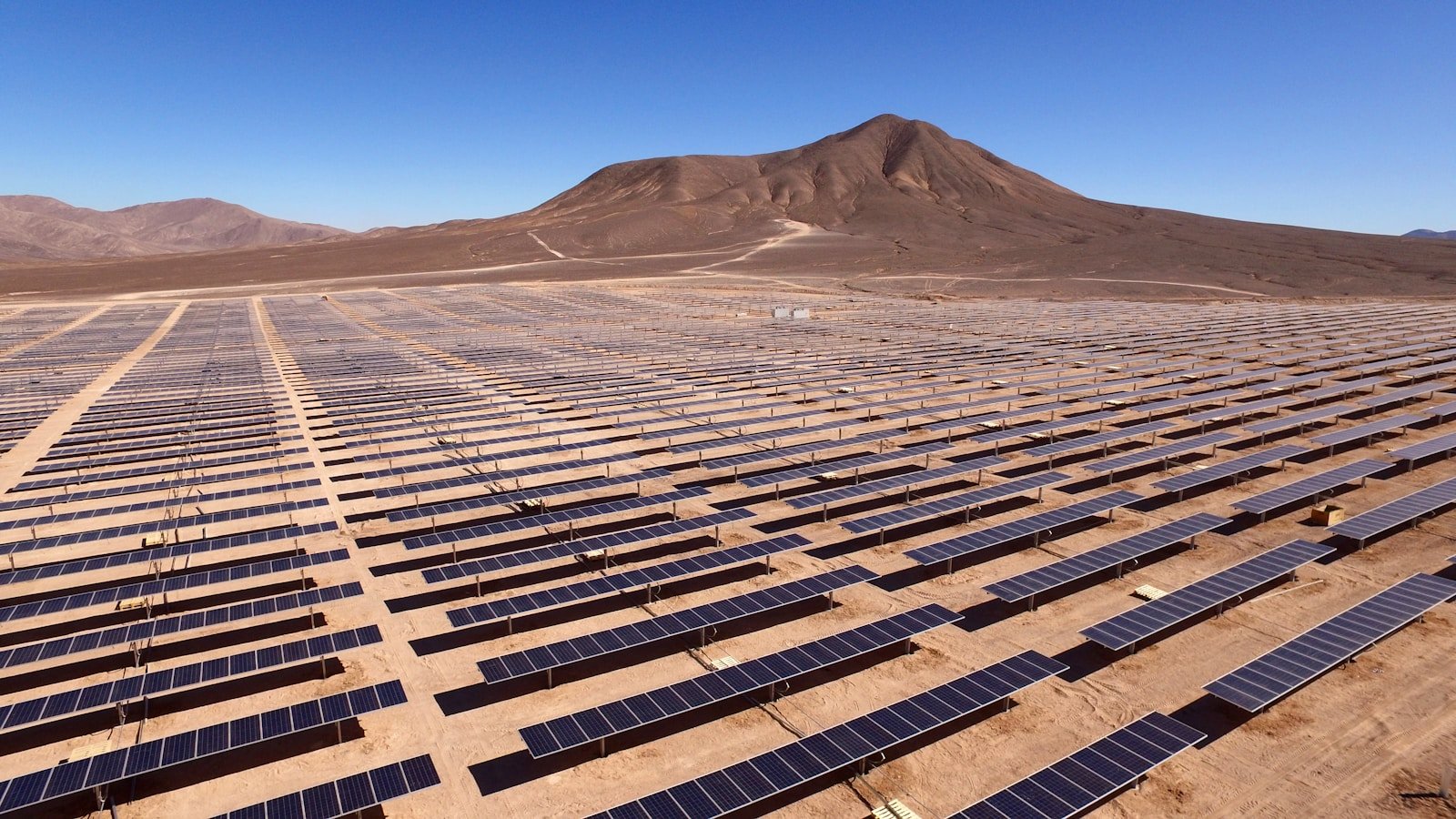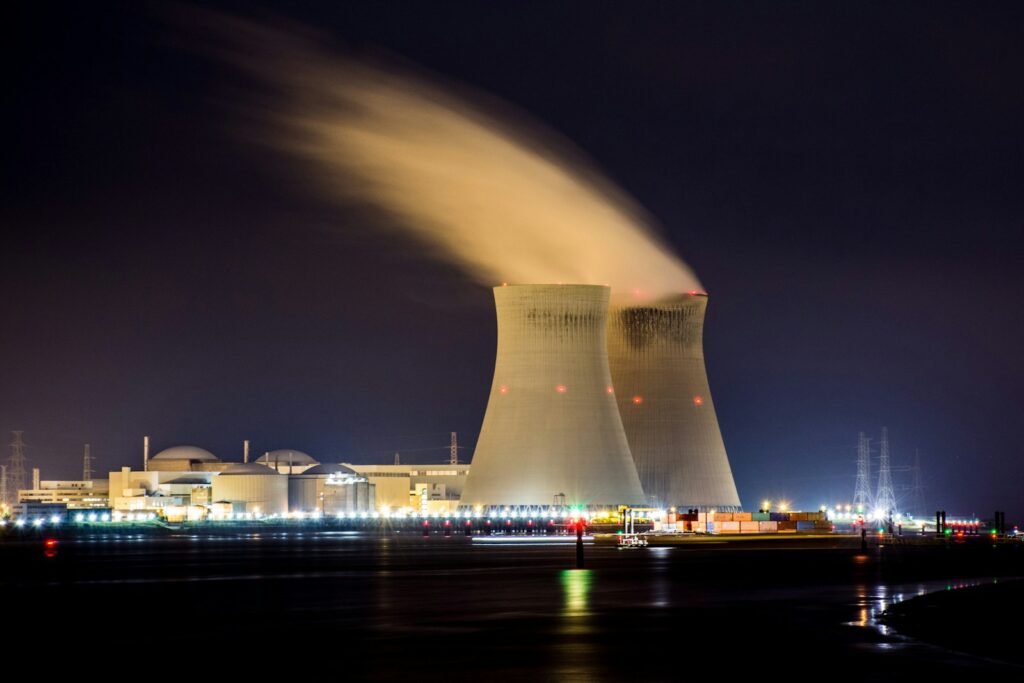Summary:
- Achieving US emissions reduction goals hinges on the rapid adoption of wind and solar energy and electrification of vehicles.
- Misinformation about renewable energy is widespread and could undermine public support for the transition.
- The Sabin Center identifies and refutes 33 false claims about solar energy, wind energy, and electric vehicles to promote informed discussion.
Quotes:
- Many of these false claims center on three categories of impacts commonly attributed to renewable energy development: impacts to the environment, impacts to human health, and impacts to the economy. For example, our report examines the common misconceptions that electric vehicles have a net harmful effect on climate change (they do not); that electromagnetic radiation from wind turbines poses a threat to human health (it does not); and that solar energy development negatively impacts U.S. jobs (it does not).
- To identify the most common false claims regarding wind, solar, and electric vehicles, the authors of the Sabin Center’s new report first reviewed social-media groups and websites created to oppose renewable energy projects or policies, as well as existing coverage about misinformation. The authors then developed transparent, fact-based responses to these false claims, relying to the greatest extent possible on peer reviewed academic literature and government publications.
- The Sabin Center’s report should be read in conjunction with other fact checks and studies refuting false claims about renewable energy and electric vehicles, such as those published by EPA, RMI, USA Today, Carbon Brief, the Center for American Progress, the Annenberg Public Policy Center’s website FactCheck.org, the Brown Climate and Development Lab, and Heated.
Read the full report here:

Rebutting 33 False Claims About Solar, Wind, and Electric Vehicles
Achieving the United States’ ambitious emissions reduction goals depends in large part on the rapid adoption of wind and solar energy and the electrification of consumer vehicles. However, misinformation and coordinated disinformation about renewable energy is widespread and threatens to undermine the transition. In this report, the Sabin Center identifies and examines 33 of the most pervasive false claims about solar energy, wind energy, and electric vehicles, with the aim of promoting a more informed discussion.
Read the full post at Climate Change Law at Columbia Law School.





